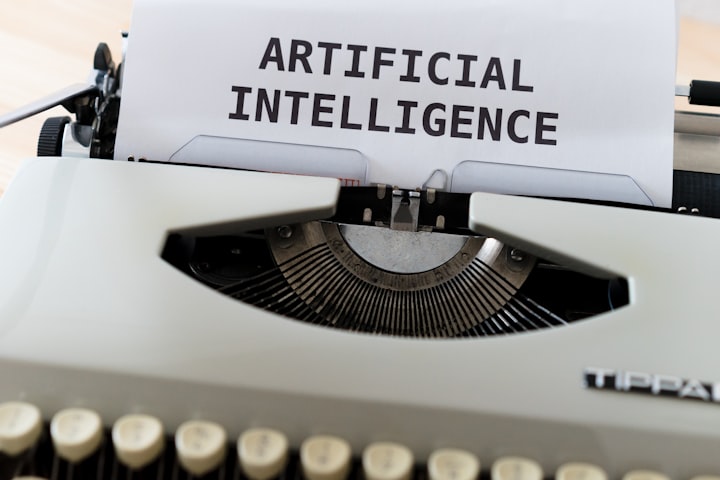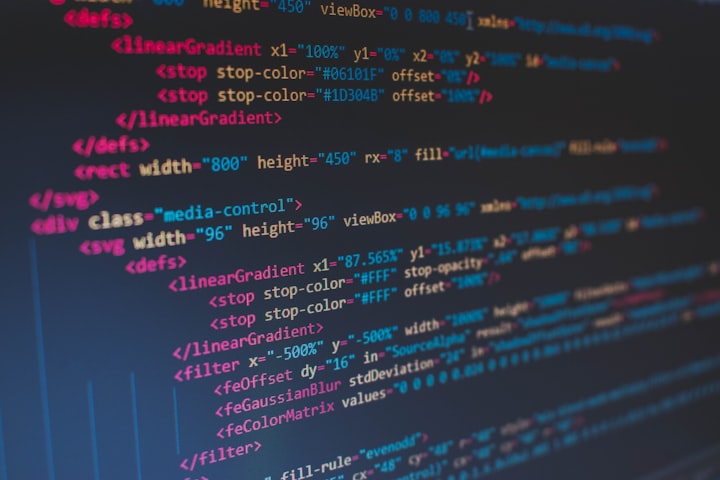Cracking Code & Jokes: My Journey to Teach an AI Humor
When Computation Meets Comedy - An Unexpected Tale of Artificial Intelligence, a Dedicated Programmer, and an Unlikely Muse

It was an ungodly hour of the morning when I groggily flipped open my laptop, the residual effect of too much caffeine pulsing through my veins. You see, I'd been wrestling with an insurmountable coding problem for the better part of three days now. Code debuggers may as well have been Greek, and my artificial intelligence project was stubbornly refusing to think.
The company I worked for, Virtuoso Tech, had thrown me in the deep end. My task? Create an AI that could not only understand but also formulate complex jokes, puns, and all. Now, who in their right mind asks a nerdy software engineer like me, whose best joke is, "Why don't programmers like nature? It has too many bugs," to teach an AI humor?
And as if that wasn't bad enough, my roommate, Sam, found the situation hilarious. His constant interruptions of 'Hey, got the robot to laugh yet?' were like splinters in my brain.
One day, as I was ferociously churning out lines of code, Sam sauntered in with his pet parrot, Caesar. He held the bird up to my face and said, "Tell Caesar a joke. He's a better audience than your robot."
With a sigh, I leaned back and said, "Why did the programmer go broke? Because he used up all his cache."
Caesar squawked, bobbed his head, and Sam erupted into laughter, not because my joke was funny, but because I was 'wasting' jokes on a bird and a bot. This became a ritual: Caesar, my inadvertent muse, the live test for the humor my AI was yet to understand.
In my tech-oriented mind, this was a linear problem: input joke, AI understands, outputs laughter. Yet, I was hit with a controversial realization; humor wasn't about logic or linearity. It was about incongruity, timing, context, wordplay. I found myself at the crossroads of human creativity and hard, cold machine learning. I'd always held the controversial belief that AI could replicate human intellect in its entirety, but this was proving to be a challenging test.
Taking a step back, I decided to dissect humor itself. I watched stand-up comedies, read joke books, played funny video clips, and started to categorize humor types. I fed the AI with this categorized data, simulating different scenarios and applying machine learning techniques to help it understand the punchlines.
While I was knee-deep in code and coffee, one of my flashbacks struck me as interesting. I remembered my younger self, sitting with my grandpa, him narrating humorous anecdotes. I never understood them initially, but with grandpa's patient explanations, I started getting the jokes. The AI was like my younger self, and I, the patient grandpa.
Inspired by this memory, I coded a reinforcement learning model that would reward the AI for identifying humor, helping it learn from feedback. This constant feedback, I hoped, would help the AI comprehend the nuances of humor over time.
The day of reckoning came, and it was time for the big demonstration. Our boss, Ms. Janice, was a strict, no-nonsense woman. Presenting a humor AI to her felt like trying to sell ice in Antarctica.
As the room filled with the clicking sound of laptop keys, the aroma of freshly brewed coffee, and the intense anticipation of my colleagues, I fired up the AI and held my breath.
"Tell us a joke," I commanded.
The AI hesitated for a nanosecond, and then responded, "Why don't programmers like to go outside? They're afraid they might fall into a sinkhole and disrupt the array of life."
The room fell silent for a moment, and then, to my surprise, Ms. Janice chuckled. "Clever, very clever!" she said, and soon the whole room echoed with laughter.
I had done it! My AI understood humor!
My journey with this AI taught me a crucial lesson: approaching AI development with an open mind allows us to navigate complex territories of human intellect. Even humor, which was thought to be intrinsically human, can be understood by an AI. It wasn't about replicating human brain processes; it was about understanding and adapting to the nuances of human thought.
So, for all you aspiring AI developers, keep this in mind. Be patient, dig deeper into the problem, don't shy away from challenges, and remember to laugh along the way. After all, AI is about making machines 'intelligent', not just 'smart'.
And yes, as I write this, I can hear Sam in the background, cracking a joke to my AI. It responds, "That was amusing. You're funny, Sam." I can't help but chuckle. After all, who would've thought that my AI, once humorless and cold, would have a better sense of humor than me?
About the Creator
Evan Brown
Adventurer at heart, writer by trade. Exploring life's complexities through humor, controversy, and raw honesty. Join me on my journey to unlock the extraordinary in the everyday.






Comments (1)
very informative story